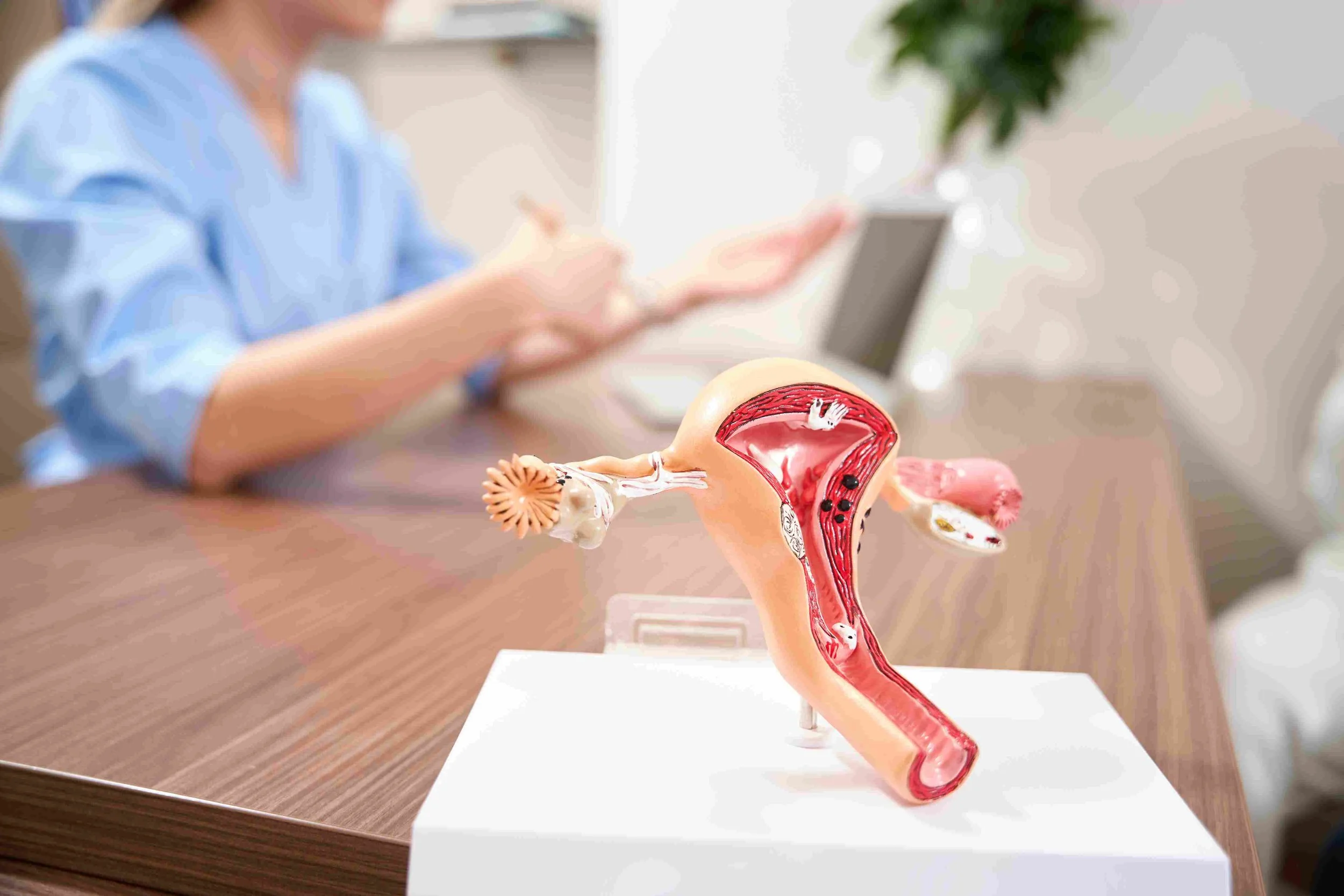Gynaecological Infections: Symptoms, Prevention & Treatment
What is Gynaecology?
Gynaecology is a medical branch that deals with women's reproductive health. It includes care and treatment of the uterus, ovaries, fallopian tubes, and vagina. Every woman — from teenage to old age — needs regular gynaecological check-ups to stay healthy.
A gynecology doctor reviews the patient's history, ensures comfort, and explains each step. The exam includes inspecting external genitalia, a speculum pelvic exam, and a bimanual exam to assess the uterus and ovaries, all performed with care.
What Are Gynaecological Infections?
Gynaecological infections are very common in women and can affect the quality of life if ignored. These infections affect the female reproductive organs and can happen due to bacteria, fungi, or viruses. In India, many women avoid or delay treatment due to social stigma, lack of awareness, or access to proper care.
Types of Common Gynaecological Infections
Yeast Infections: Caused by a fungus named Candida.
Bacterial Vaginosis (BV): Overgrowth of natural vaginal bacteria.
Sexually Transmitted Infections (STIs): Infections like chlamydia or gonorrhea.
Pelvic Inflammatory Disease (PID): A serious condition affecting the uterus, fallopian tubes, or ovaries.
Symptoms to Watch Out For
Unusual vaginal discharge (color, smell)
Pain while urinating or during intercourse
Lower abdominal cramps
Irregular periods or spotting
If you notice these symptoms, it’s important to consult a gynaecologist for early diagnosis and treatment.
Gynaecological Issues by Age Group
Ages 15 to 30 years
Irregular periods
Pelvic pain
Infertility issues
Ages 30 to 40 years
Heavy or painful periods
Ovarian cysts
After 50 years (Menopause and Old Age)
Menopause-related hormonal changes
Utero-vaginal prolapse (weakening of uterus support)
Urinary issues or infections
How to Prevent Gynaecological Infections
Personal hygiene: Clean the vaginal area with plain water. Avoid harsh soaps or sprays.
Cotton underwear: Helps skin breathe and reduces moisture.
Safe sex practices: Use protection to avoid STIs.
No douching: It disturbs the natural balance of bacteria.
Healthy diet: Probiotic-rich food like curd and enough water helps maintain vaginal health.
Treatment Options
Treatment depends on the type of infection:
Bacterial Infections: Antibiotics
Fungal Infections: Antifungal creams or oral medicines
STIs and PID: Require proper medical treatment with regular follow-ups
Why Choose JMCH for Gynaecological Care?
At JIET Medical College & Hospital (JMCH), Jodhpur, we provide specialised gynaecological care for women of all age groups. Our department is equipped with modern diagnostic tools and treatment facilities, and our team includes experienced female gynaecologists who ensure that every woman receives personalised, respectful, and confidential care. Whether you're dealing with infections, menstrual problems, fertility issues, or age-related conditions, we are here to support your health journey at every stage.
We offer free consultations — you only need to pay a ₹50 registration fee. Our goal is to make quality women's healthcare affordable and accessible to everyone in Rajasthan.
Need Help or Consultation?
Take a step toward better health today. Don't wait for the symptoms to grow — get expert care at JMCH, Jodhpur.




